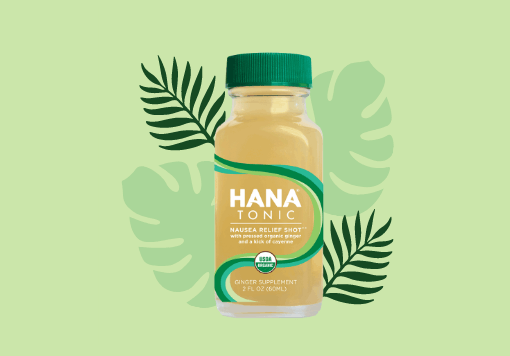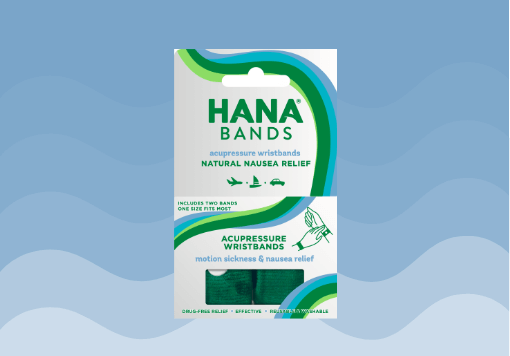“Organic” is more than a trendy health term. This label is thrown around in health conversations for a reason. The use of pesticides is a growing concern in our food sourcing, potentially leading to serious health issues for people of all ages. If you want to support your health, then it’s important to learn what the organic label means and how it might impact your health.
Organic vs. Conventional
When you look at the price tags at the grocery store, it’s easy to see why many people choose conventional over organic. Conventional farming uses cheaper chemicals and mass production techniques to increase the yield – which results in lower prices for consumers.
All farmers face issues with pests including weeds, insects, and microorganisms that can kill the crop. In modern farming, over 900 synthetic chemicals have been approved for pest control. These chemicals are used in the fields, then the produce is shipped to consumers with pesticide residue.
Do organic foods use pesticides? Yes, certain pesticides are approved by the Environmental Protection Agency (EPA) in organic farming. But only 25 products can be used in organic farming, and they mostly derived from natural sources (such as bacteria or plants). Natural pesticide options include ingredients such as neem oil, diatomaceous earth, pepper, alcohol, copper sulfate, and hydrogen peroxide.
Is Organic Food Healthier?
Organic prices are a little higher because of the extra care required to meet organic standards. Is it worth the cost to spend a bit more on organic? While additional research is needed, the evidence is growing that pesticides could cause serious health concerns.
When you compare an organic apple side-by-side with a conventional apple, both products look the same. But the quality of the ingredient varies depending on the pesticides used for growing the produce. The pesticide residue on the fruit enters your body when you are eating the food, then the body must deal with the chemical exposure. This can happen over and over again, with more toxic buildup entering the body daily.
There’s no question that the effects of pesticides can take a toll on human health. These toxic chemicals can build up over time, causing both short-term and long-term health concerns. Potential symptoms can develop from pesticide exposure and consumption. Common health complaints might include diarrhea, rashes, cancer, immunotoxicity, endocrine disruption, developmental delays, liver and kidney damage, and reproductive issues.
Even though organic foods aren’t 100% free of pesticides, the products used in organic farming are considered safer than those used in conventional farming. Organic ingredients have much lower pesticide toxicity compared to foods that are conventionally grown.
Health Ingredients from Hana Tonic
At Hana Tonic, we maintain high standards when choosing products for our proprietary blend. Our shot is formulated using a variety of health-promoting ingredients such as lemon, ginger, cayenne, and pineapple. Rest assured to know that these ingredients are always organic, which means that you can manage nausea without the concern of pesticide exposure.
Hana Tonic is popular as a daily wellness shot or an anti-nausea solution. If you are looking for a convenient, fast-acting health supplement, then try Hana Tonic today!



